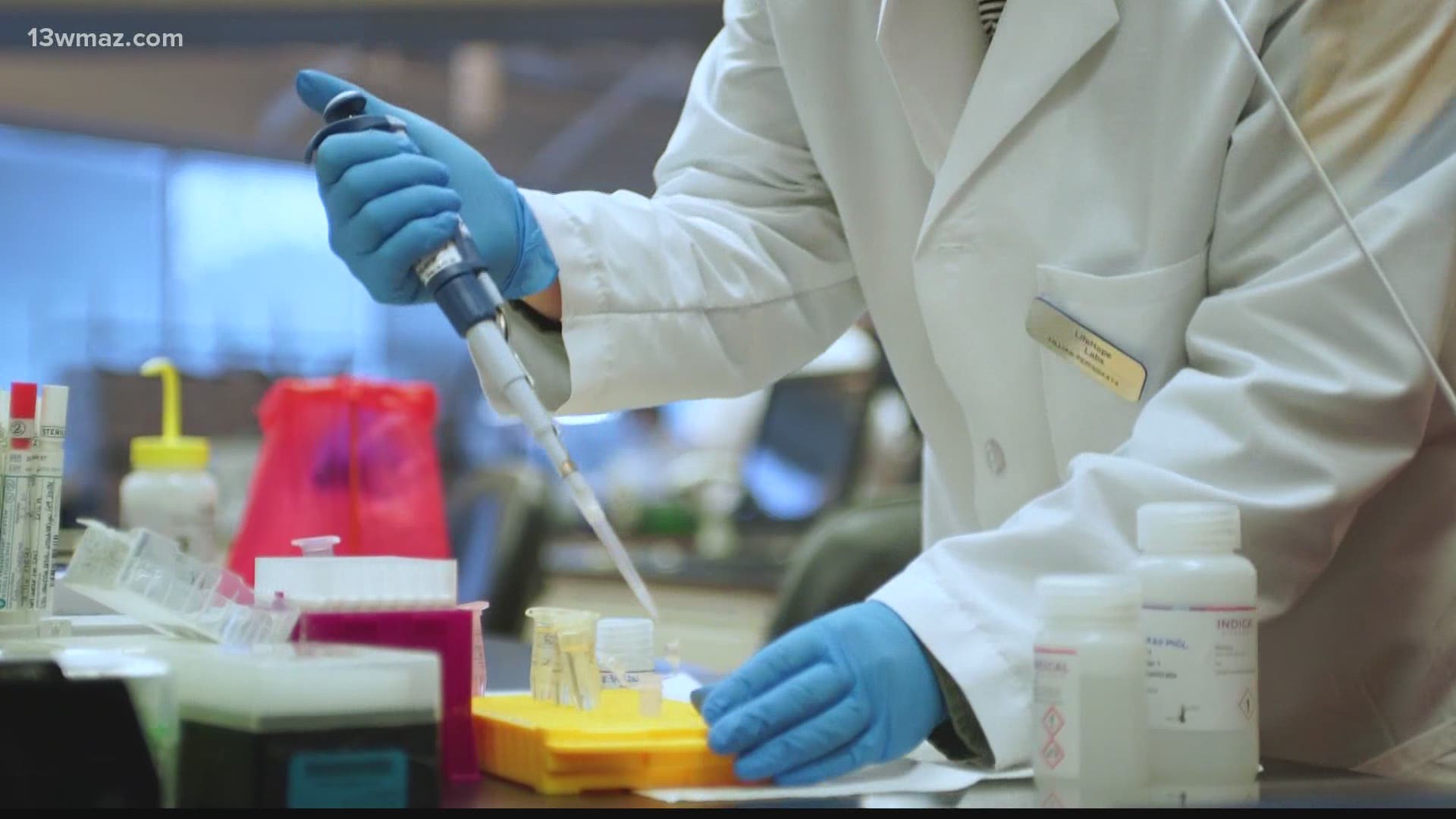MACON, Ga. — Whether it's going back to the classroom, holding COVID-19 infection parties, or just a trip to the grocery store, some people on social media say gathering in groups is a good idea to speed up herd immunity from COVID-19.
Dr. Jennifer Hoffman, an infectious disease specialist at Coliseum Medical Centers, says there are two main reasons why herd immunity for COVID-19 is a bad idea.
The first? Scientists don't know how long immunity actually lasts because the virus is new.
The second? Hospitals just wouldn't be able to handle it.
According to Dr. Hoffman, in order to achieve herd immunity, you need around 60-70% of the population to be immune to the virus.
"Currently we are at 5% percent of the population having had the virus and we’ve had over 140,000 deaths," said Hoffman. "So [with] 10-15x as many deaths, you’re looking at maybe 1.5-2 million deaths or something like that, and I just don’t think that’s acceptable."
She says there are still many questions surrounding how long immunity to COVID-19 actually lasts.
"We don't even know if herd immunity is even a possibility with this infection. It may not work, and the reason that it may not work is we're not sure how long natural immunity to COVID-19 lasts," she said.
She says it could be two years...or just three to four months.
"We're not gonna get enough infections in that three or four months that we'll have herd immunity. By the time that immunity wears off and, you know, the next round of infection comes, people are just going to keep getting sick over and over again. If immunity is that short lived, we'll never reach that herd immunity threshold," said Hoffman.
But, if immunity lasts two years or longer, which she says is possible, then reaching herd immunity might be feasible.
As for her other reason? The hospitals just wouldn't be able to handle that surge of patients.
"If we run out of room in the hospitals, if we can't support people on ventilators, if we don't have enough nursing staff, if we run out of medications that we need to use, then the death rate is likely to go higher," said Hoffman.
She says for now, they are holding steady.
"We are holding up for now. If this is the worst of it, then we’re alright. I hope it doesn’t get a lot worse. I mean, we are tight on beds. We can still manage for the time being," she said.
She says we also don't know all of the long-term effects the virus can have on a person, like scarring in the lungs.
Hoffman says if we try to achieve herd immunity with all of these unknowns and unanswered questions, the infection rate would be out of control.
"You're looking at just huge numbers of deaths if you just let this infection spread unchecked," she said.
RELATED HEADLINES

